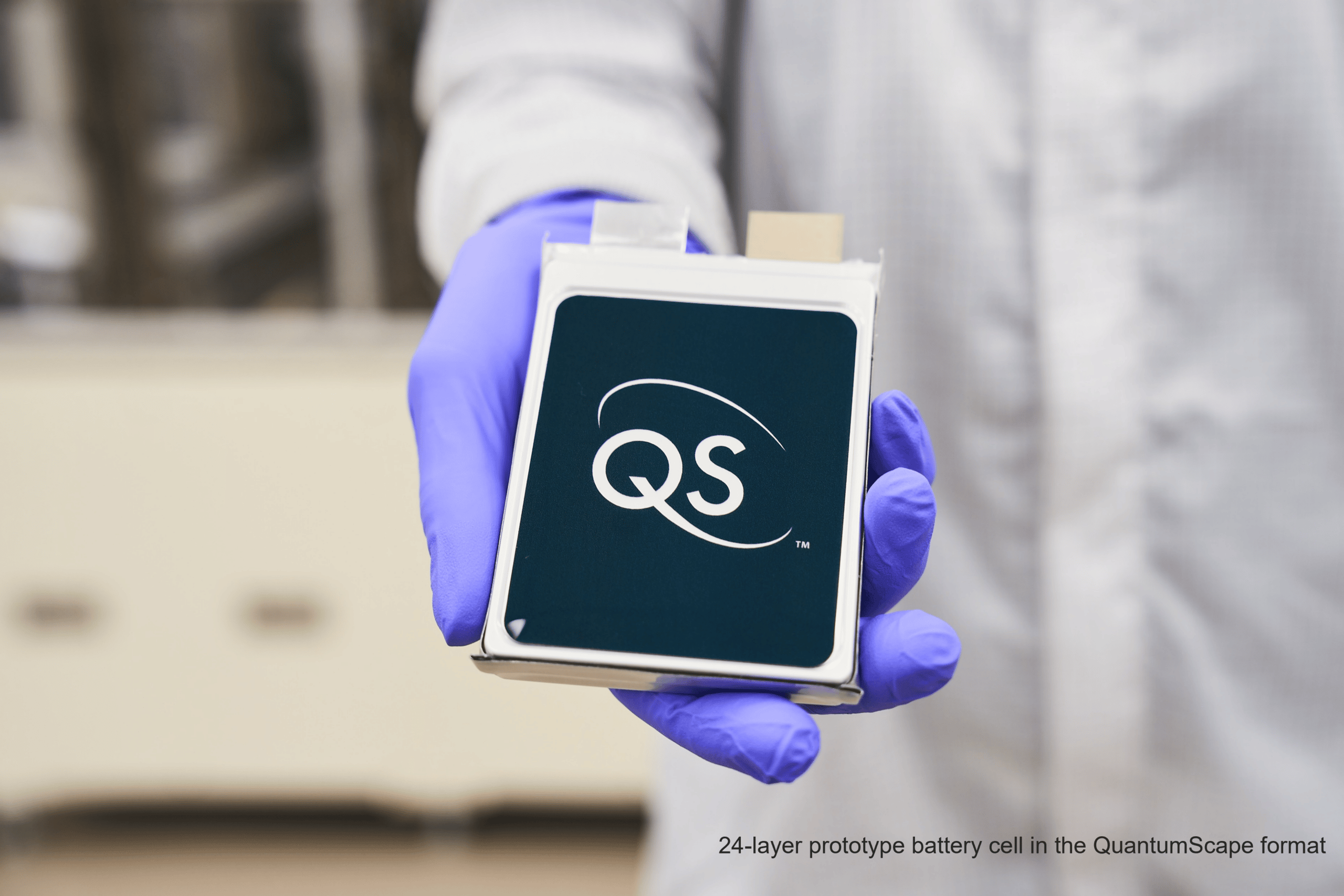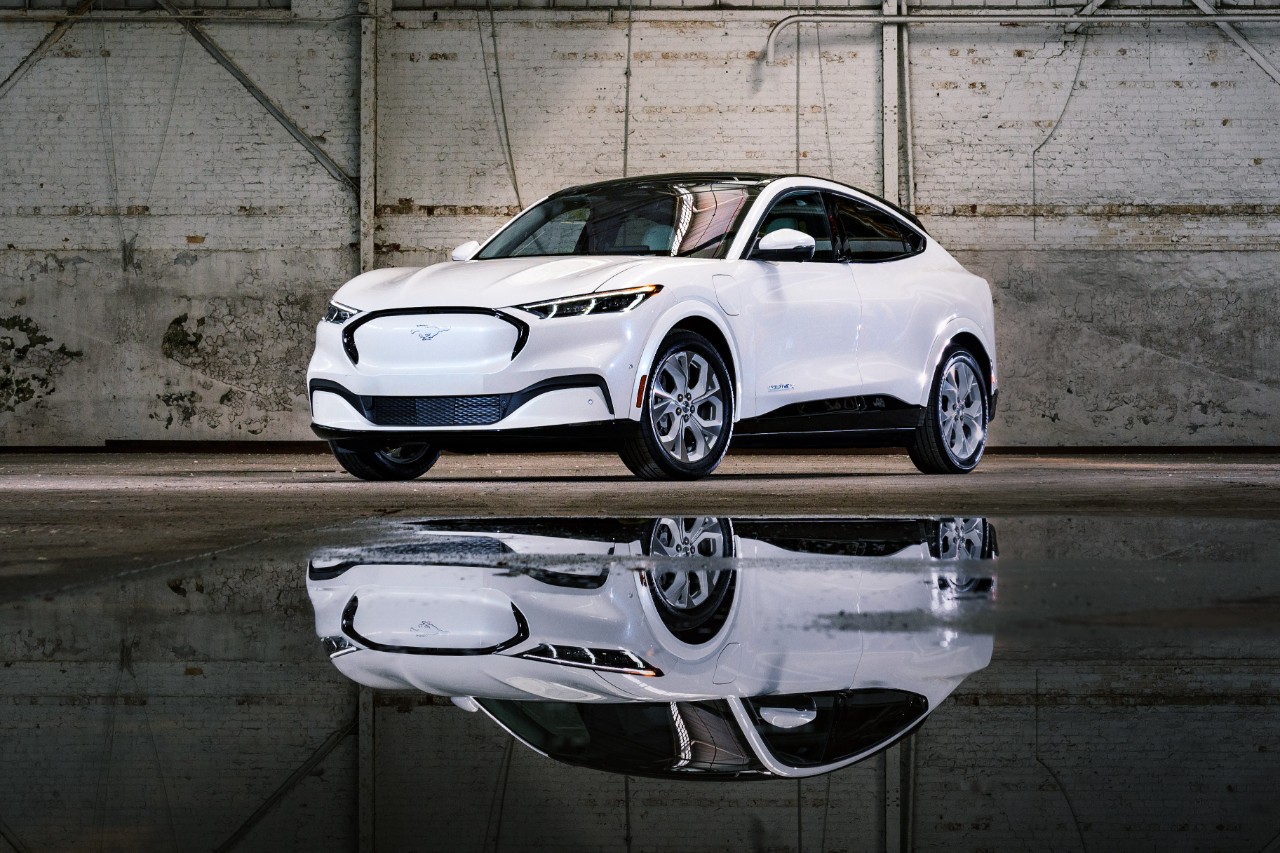As part of President Donald Trump's "big, beautiful bill," U.S. tax credits for electric vehicles (EVs) are set to expire after Sept. 30. This will be the last day to purchase a vehicle to claim the credit, which can be worth as much as $7,500 for new vehicles that qualify or $4,000 for used electric vehicles.
For example, if you buy an electric vehicle with an MSRP of $55,000, the tax break lowers the effective price to $47,500 and can make the purchase far more affordable. Importantly for electric vehicle manufacturers, the credits help EVs compete more effectively with mid-priced gasoline vehicles.
Obviously, with most vehicle manufacturers ramping up their EV strategies in recent years, this could have a significant effect. But will it be a demand-killer, or a temporary bump on the road to widespread EV adoption?

Image source: Getty Images.
How will this affect EV manufacturers?
The short answer is: "It depends." For one thing, it's important to point out that the credit for new EV purchases doesn't apply to all vehicles. In order to be eligible for the credit, a vehicle must meet a few criteria:
- It must be an EV or a PHEV (plug-in hybrid).
- The vehicle must be manufactured in North America.
- At least 50% of the vehicle's battery components must be produced or assembled in North America (to qualify for half of the credit).
- At least 40% of the critical minerals in the vehicle's battery must be produced in the U.S. or one of the U.S.'s free trade partners.
- The vehicle must have an MSRP below $80,000 if it's an SUV, or below $55,000 for a sedan, wagon, or hatchback.
- The buyer of the vehicle must have adjusted gross income (AGI) less than $150,000 (single) or $300,000 (joint filers).
The point is that there are a lot of vehicles that don't qualify. For example, no vehicles from Lucid (LCID 2.29%) qualify, as the company's Air sedans are far in excess of the MSRP limit. No electric vehicles from BMW or Mercedes qualify, because they aren't made in North America.
In fact, there are only 20 new vehicle models that qualify, and even among those, many configurations won't qualify. For example, a Tesla Model X technically qualifies, but only with an MSRP of $80,000 or below.
Manufacturers who have EVs currently on the eligibility list for the new EV credit include:
- Acura/Honda: 2 models
- General Motors (GM 2.62%): 6 models
- Stellantis: 2 models
- Ford (F 0.86%): 1 model
- Hyundai/Genesis: 3 models
- Kia: 2 models
- Tesla (TSLA +3.33%): 4 models
It's also worth noting that there's a "leasing loophole" that excludes leased EVs and PHEVs from many regulations. For example, if you lease a luxury EV that is too expensive to qualify as a purchase, you might still be able to use the credit -- until Sept. 30, that is.
Should EV investors worry?
The bottom line is that the potential effect of the tax credit's expiration varies by manufacturer. It could produce a sales dip, especially for the manufacturers listed above. However, the gap between the average cost of an EV and the average cost of a gas-powered vehicle has narrowed in recent years, so the manufacturers focused on producing affordable models could be OK.
Other automakers -- like Lucid -- won't be negatively affected at all. If anything, it could be a net positive for them, as the lack of available tax credits on lower-priced models could make some buyers consider luxury brands more than they otherwise would.
We're already seeing EV sales spike in anticipation of the credit's expiration. More than 130,000 new electric vehicles were sold in July, the second highest total for a single month ever, and 36,700 used electric vehicles changed hands, which was the highest number on record.













